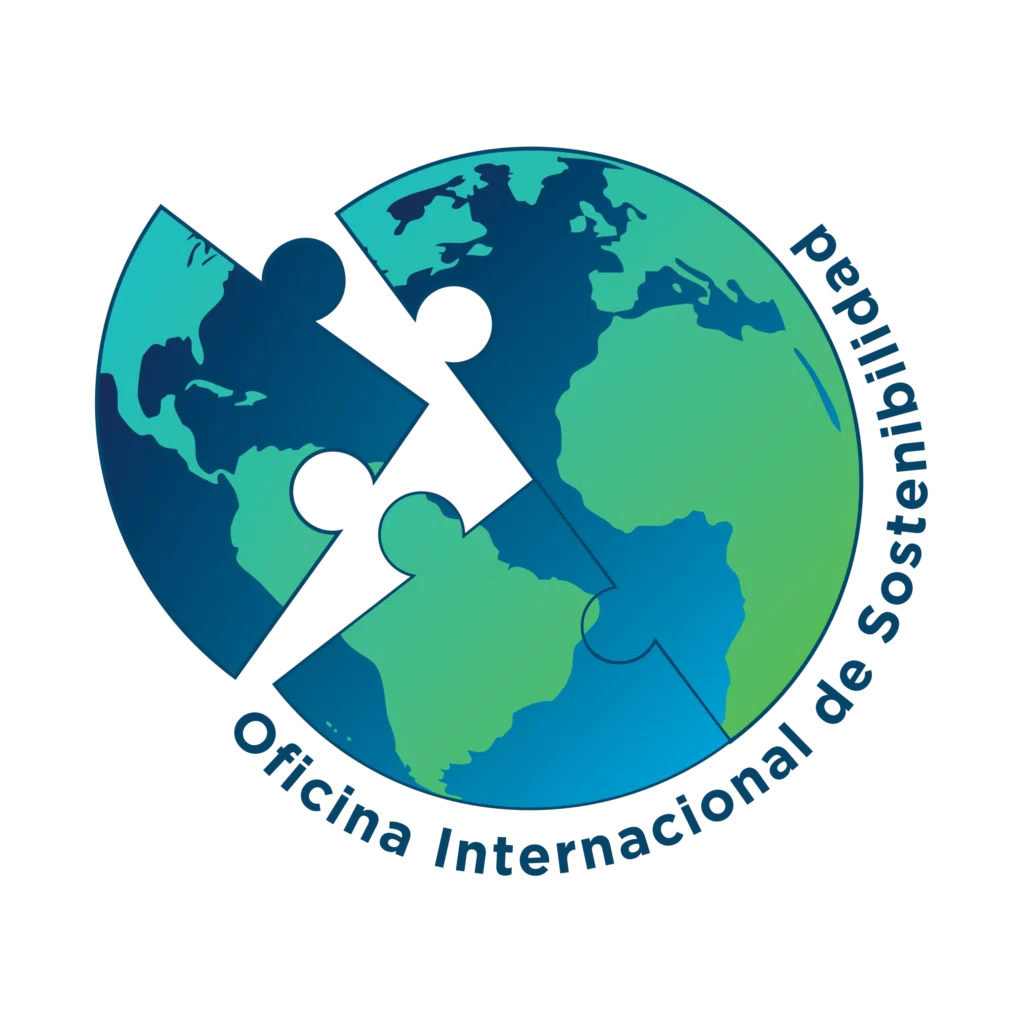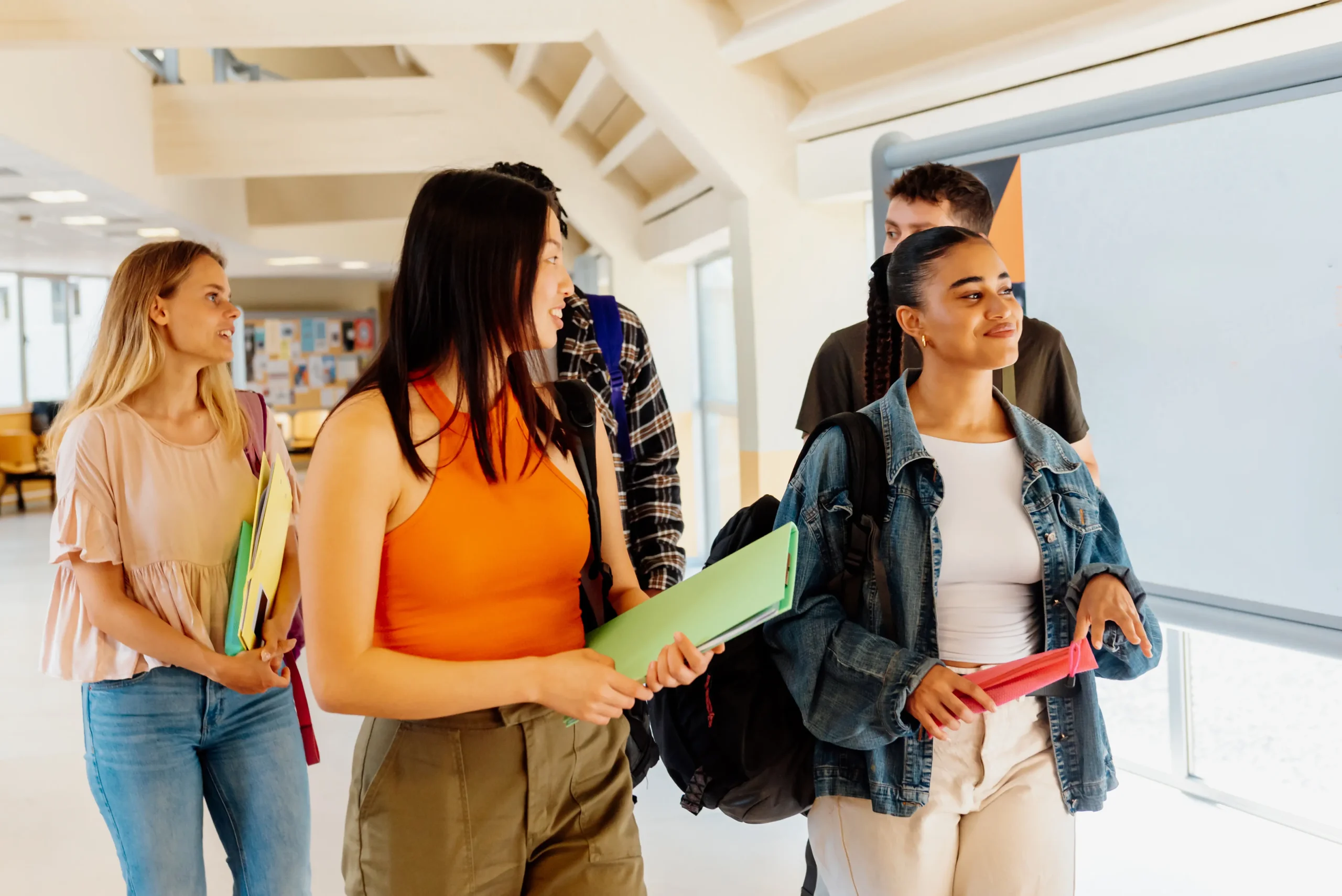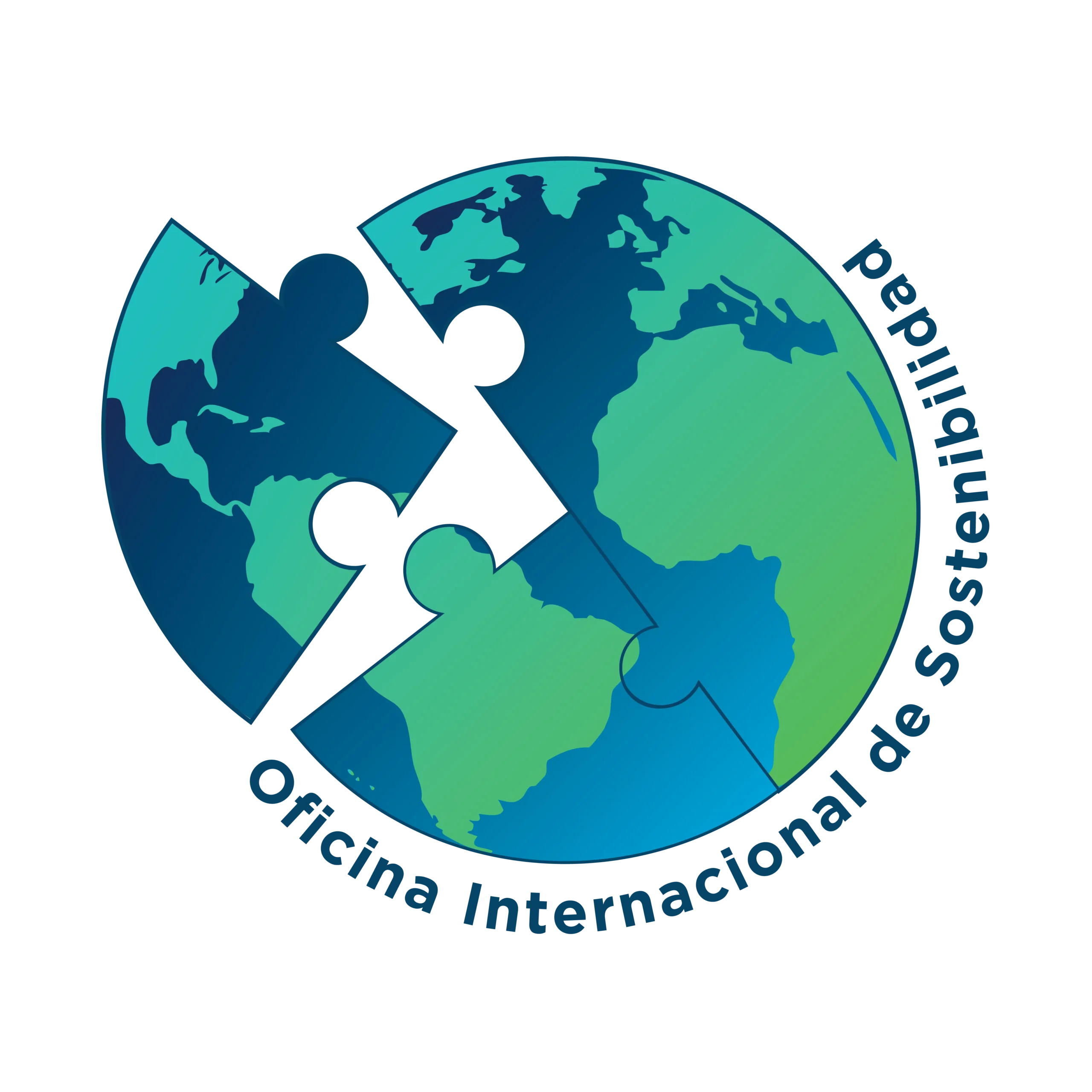Leading Global Change Toward Sustainable Higher Education
The International Office of Sustainability (OIS) is a collaborative initiative between universities in Colombia, Ecuador and Germany, which promotes international academic cooperation focused on the Sustainable Development Goals (SDGs), contributing to the strengthening of sustainability in universities through their administrative management, teaching and research.
The right of people and nature to live in balance.
We seek a balance between the ecological, economic and social dimensions.
Present in three countries. Colombia, Ecuador and Germany.


What are the expected results?
Promoting sustainability in higher education
- Creation of an international network to promote North-South cooperation on the SDGs.
- Incorporation of sustainable concepts in university administration, teaching and research.
Training and competency development
- Training of administrators to manage research and teaching projects in sustainability.
- Active participation of managers in the planning and implementation of sustainability projects.
Publication of best practice guides
- Publication of a guide in Spanish and English that compiles best practices in sustainability management, based on the projects implemented by the partner universities.


Our Mission
To enable universities in the Global South to manage sustainability, fostering equitable cooperation and generating a positive impact on higher education.
Our Vision
To be a reference in sustainability in higher education in Latin America, integrating global voices to face common challenges with local solutions.
Our Approach
We work with universities, leaders and experts to promote sustainable practices, improve operational efficiency and transform higher education with an inclusive and equitable approach.
Meet the
OIS Team
Management
Thomas (Tom) Wilke
Maria Camila Linás
Stefan Peters
Allies
Karol B. Barragan Fonseca
Carlos A. Larrea Maldonado
Sustainability from the Global South
The work of the OIS focuses on consolidating a concept of sustainability that considers the realities and epistemologies of the Global South. For this reason, it integrates the concept of sustainability developed by ColombiaCONNECTThe definition of sustainable development, the predecessor project, refers to “the right of people and nature to live in balance”. This definition emphasizes distributive justice, respect for the material livelihoods and cultural characteristics of local populations and goes beyond the strict consideration of ecological sustainability. By integrating sustainability into university management, teaching and research, OIS fosters more equitable international academic cooperation.

Our Activities
We make possible the change towards sustainability in universities from the administrative staff, promoting practices that generate impact from the grassroots.

Sustainability Training
Courses and workshops for administrative personnel, designed to implement sustainable practices that improve university management.

Specialized Consulting
Personalized advice for integrating sustainability into research, teaching and institutional management.

International Collaboration Network
Connection with universities and global experts to exchange knowledge and develop joint projects.

Publication of Good Practice Guides
Access to resources and guides that compile best practices in sustainability management, available in English and Spanish.
Allied Universities
The International Office of Sustainability (OIS) is a collaboration between universities in Colombia, Ecuador and Germany, all committed to promoting sustainability in higher education. Each university contributes a best practice project, partially funded by the OIS, that integrates sustainability into research, university management and teaching.

Universidad de los Andes (Bogotá, Colombia)
Responsible for coordinating the best practices guide and the "SDGs in Afro-descendant municipalities" project.

University of Antioquia (Medellín, Colombia)
Develops the "Participatory Aquaponics" project to promote environmental sustainability.

Justus Liebig University Giessen (Giessen, Germany)
Coordinates university didactic training, ensuring the transfer of knowledge among partner universities.

National University of Colombia (Bogotá, Colombia)
Leads the international workshop 2026 and the "Insects for Peace" project.

Universidad Andina Simón Bolívar (Quito, Ecuador)
Focuses on South-South cooperation and the "Sustainable Management in Higher Education" project.

The Capaz Institute
A key institution in this agreement, contributing its experience in cooperation and peace issues, and supporting initiatives that promote sustainability in the context of peace and sustainable development policies in Colombia.
Connect with us
Ready to be part of the shift towards sustainability in higher education?
JLU Information Point
Universidad de los Andes
Cra 1 # 19 - 27, Edificio Aulas
Bogotá, Colombia
Send us an Email
info@oficinasostenibilidad.org
Call us at
+57 311 871 7661
